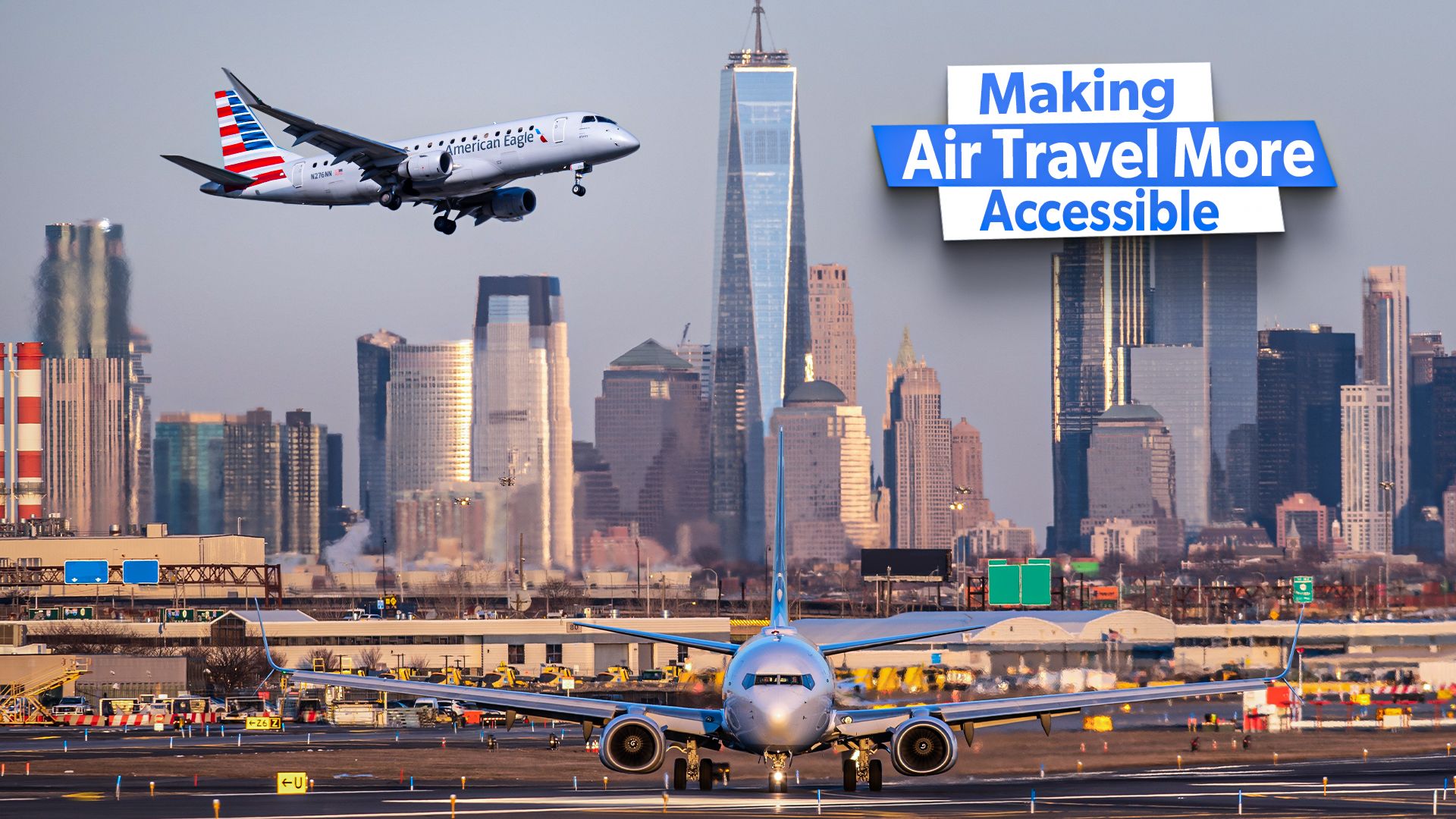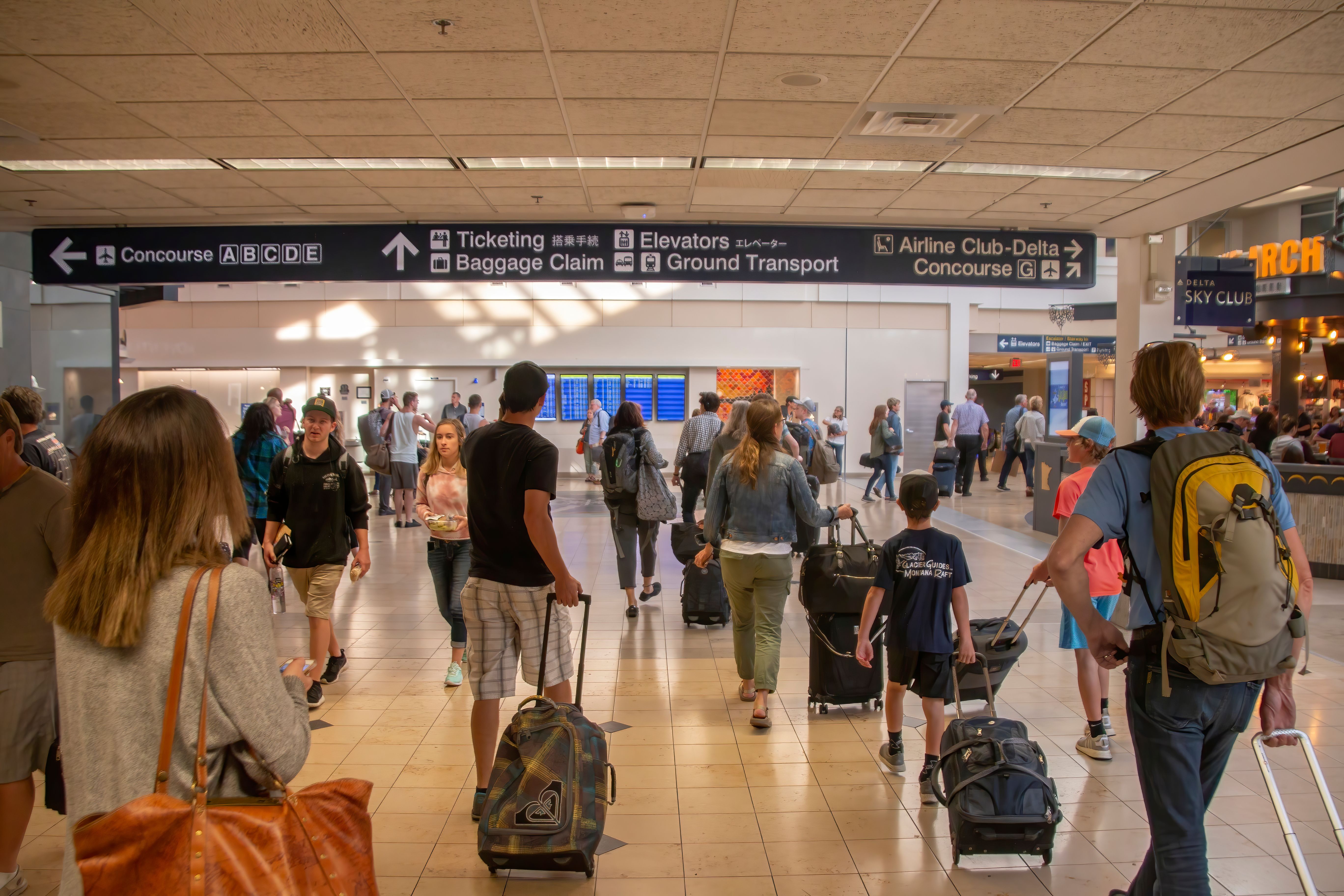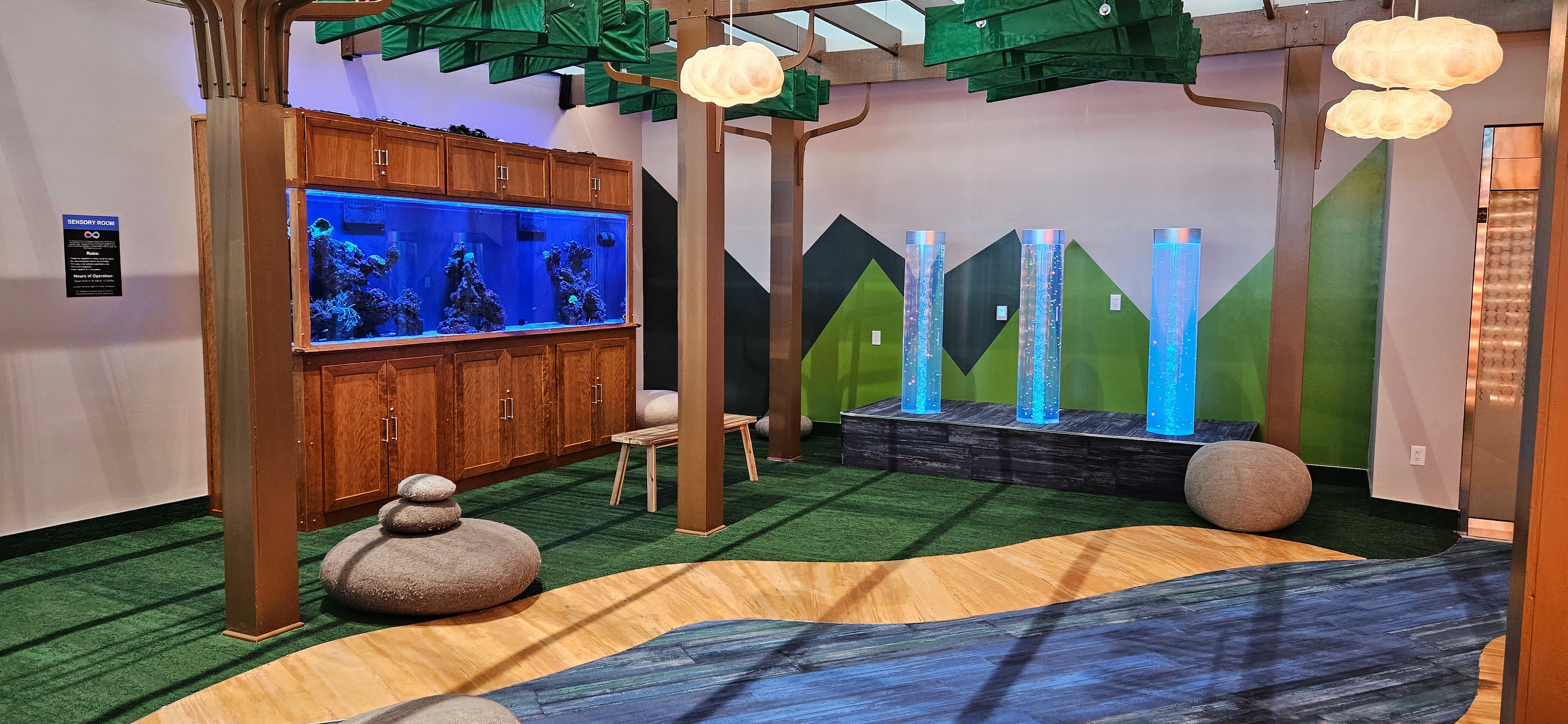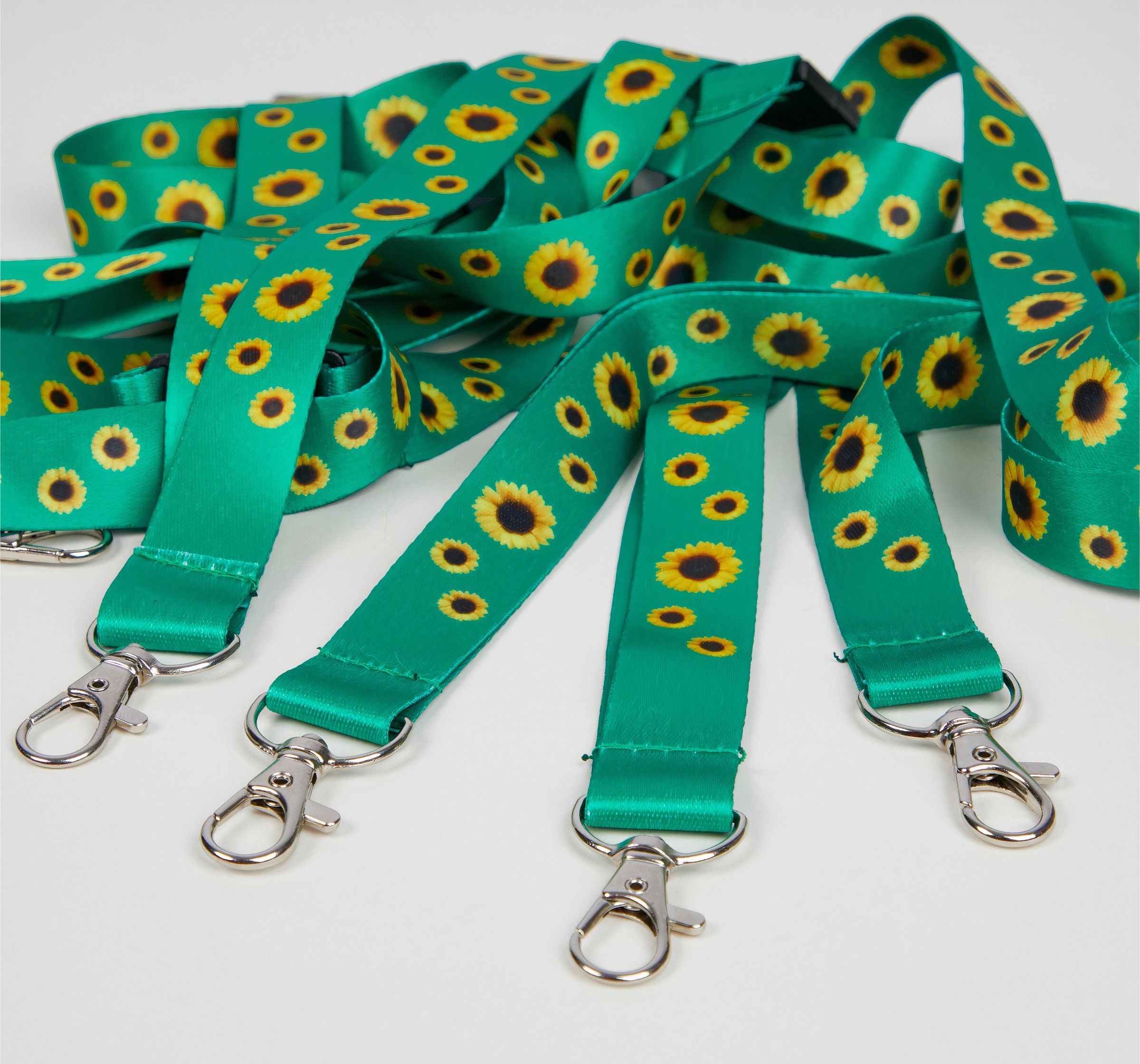In 2022, several airports in the United Kingdom were criticized by the British Civil Aviation Authority (CAA) for their unacceptable treatment of travelers with disabilities, including those with autism spectrum disorder (ASD). In November 2022, luxury travel company specialists Ocean Holidays published a survey that revealed that one in ten passengers would rather stay home than go on vacation.
Air travel can be stressful enough for people without disabilities and, especially now, following the increased airport security after 9/11, and while it can be difficult for people with limited mobility, it can be just as difficult for people with mental conditions like autism.
Airports in the United States are aware that some people suffer from neurodevelopmental disorders and are working hard to make sure airport workers understand how difficult it can be for some people and how they can help.
What is autism spectrum disorder (ASD)?
More commonly referred to as autism, it is a neurodevelopmental disorder that inhibits them from communicating with others in a sociably acceptable way. Besides communication with others, autism restricts a person’s ability to adapt to everyday situations. People with autism tend to stick to a routine and do not like any changes that upset the pattern of their daily lives.
Photo: Shutterstock | Jacob Boomsma
People with autism are not equal, with some displaying many symptoms while others have learned how to hide their social anxieties.
Signs that your young child may have autism include the following:
- Not responding when you call their name
- Avoiding all eye contact
- Become upset if they do not like a particular smell, taste, or sound
- Staying silent for an extended period
- Repetitive hand movements or body rocking
- Constantly repeating the same phrases over and over again
Signs of autism in older children include:
- The inability to understand what others are thinking or feeling
- Liking daily routines and getting upset if it changes
- Getting upset when asked to do something
- Preferring to be alone rather than make friends with other children
- Difficulty in expressing how they feel
- Taking everything said literally and the inability to understand sarcasm
Autism is not just a child learning development disorder, with the Atlanta, Georgia-headquartered Centers for Disease Control and Prevention (CDC) publishing a study in 2017 that estimated that 5,437,988 (2.21%) adults in the United States have autism and perhaps many thousands more who have not yet been diagnosed.
Adults with autism often display the following characteristics:
- Anxiety in certain social situations
- The inability to understand what others are thinking or feeling
- Finding it hard to make friends
- Difficulty in talking about how they feel
- Seeming blunt, rude, or not interested without meaning to be
- Having a daily routine and getting upset if it changes
- Not understanding social rules, such as not talking over other people when they are speaking
- Avoiding eye contact
- Getting too close to people or becoming upset if someone gets too close to them
- Have an obsession with certain subjects or activities
- Liking to meticulously plan things carefully before doing them
Why airports are stressful places for people with autism
Looking at the above symptoms, you can easily understand how airports and air travel can be challenging times for people who have autism. Just arriving at the airport and being immersed in hundreds of people is stressful enough.
Check-in
Because some airlines do not allow you to check in online because of visa or security issues, having to wait in line with people very close to you can be upsetting for people who have autism. Add to this all the lights and verbal announcements, and it’s no wonder autistic people get anxious.
Security
Security is one of the most challenging parts of the airport experience. Having your belongings pass through an X-ray machine while walking through a metal detector is unpleasant. Also, because autism is a hidden disability, people with autism are often flagged by Transportation Security Administration (TSA) agents. A lack of eye contact, slow movements, and a tendency not to talk can be easily misinterpreted as suspicious behavior.
The departure area and gate
Once you pass security, you must battle the crowds and go to the gate from which your flight departs. If seats are available at the gate, you sit with dozens of other people before lining up again to board the plane. It is easy to see how this can be difficult for people with autism.
Airports are learning to help people with autism
In recent years, airports have become more autism-friendly, thanks in part to the Americans with Disabilities Act (ADA), autism-friendly. Airport employees, airline staff, and TSA agents have all received special training to assist people with autism and other hidden disabilities. They are taught that when dealing with people with autism, they need to communicate in a friendly way and that the person they are dealing with may need extra time and support. Some airports even have unique sensory rooms that allow people to escape from all the hustle and bustle and noise you have at a busy airport.
Photo: Port Authority of New York and New Jersey
When traveling by air, notify the airline 48 hours before your departure that you have autism and need assistance. Depending on your needs, the airport will assign a member of staff to help you through airport security and escort you to the gate and onto the aircraft before other passengers board. By notifying the airline of your special needs, the crew will also be aware of your autism and help in any way they can.
The Hidden Sunflower Lanyard
Many airports in the USA, like Dallas Fort Worth International Airport (DFW), have become members of the Hidden Sunflower scheme, a charitable company created to help people with hidden disabilities navigate and find help in public places.
The company slogan is “just because you can’t see it, doesn’t mean it is not there.” A couple of weeks before you travel, visit and request a hidden sunflower lanyard. By wearing the lanyard when traveling airport, airline, and TSA staff will know you need special assistance without having to communicate with anyone.
Photo: DFW airport
When speaking about joining the Hidden Sunflower program in an airport statement, DFW Airport’s Executive Vice President for Administration, Diversity, Equity and Inclusion Maruchy Cantu said:
“DFW is committed to elevating and personalizing the customer experience for every traveler, and this program will help us provide a more inclusive, understanding, and enjoyable experience for those who need a little extra help at the airport. One in six of the world’s population experiences some form of disability, and DFW is committed to ensuring all our guests have access to the same exceptional travel experience regardless of physical or cognitive abilities. We are proud to offer this program and further extend the Texas spirit of hospitality and understanding.”




